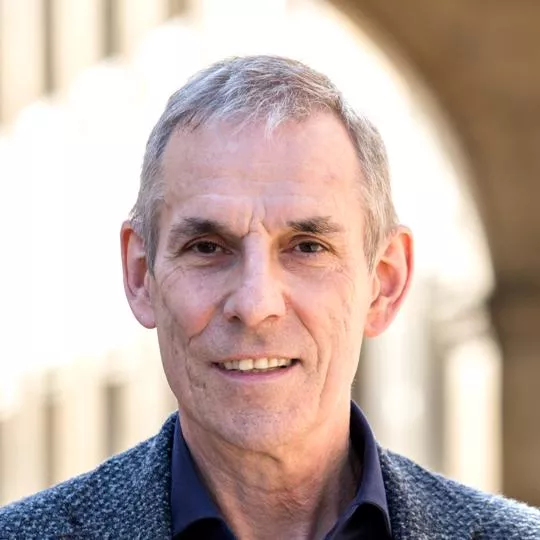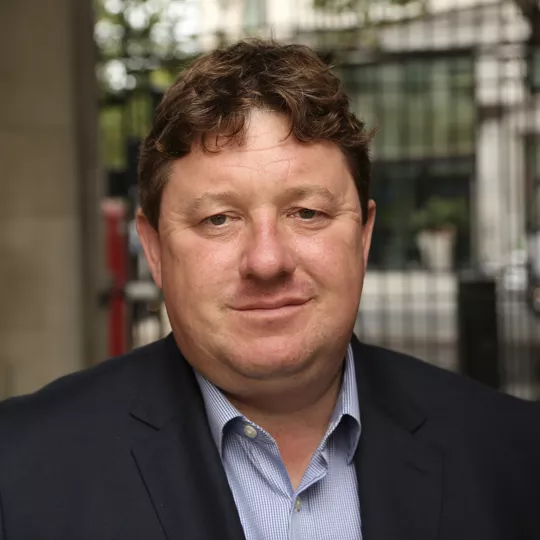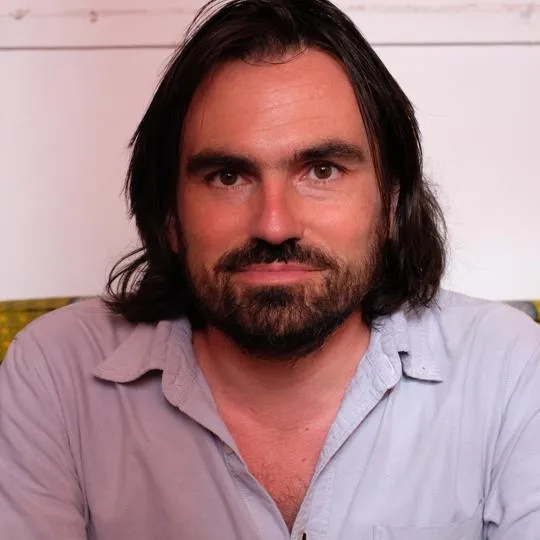Please note: this event has passed
Join us in The Digital Futures of History in looking forward to the new ways in which we may soon be looking back. What kinds of history will we be doing, and how? Who will be doing it, and where? To what ends, and for what kinds of audience? And what may we risk losing?
One of the earliest areas in which digital materials had an impact, in the 1990s, was with the availability of digitised texts, for example, in classics and religion. As digital databases grew and diversified, new kinds of archival enquiry, on much larger scales, became possible. More recently, the development of new possibilities for machine learning and computer-assisted analysis, going beyond document-based enquiries to the visual and material remains of the past, is making new kinds of historical enquiry, on much longer scales, possible, for example in palaeogenetics, long-term meteorology and environmental data, satellite archaeology and history of language.
The main event will begin at 6:30 pm and is expected to finish at approximately 8:00 pm. Following the event, we invite you to join us for a drinks reception.
This event will be recorded and live-streamed, with the live-stream beginning at 6.30pm. To receive a link please select 'online registration' at the check out.
Chaired by Steven Connor
Stuart Dunn, ‘Can AI be superstitious? The digital future of folklore’
Vincent Hiribarren, ‘Historian vs AI: who reads and analyses archives best?’
Stephen Whiteman, ‘What goes in must come out: the possibilities and perils of digital art history and AI’
Speaker's info:
- Steven Connor, Director of Research in the Digital Futures Institute, King’s College London
Steven Connor is Director of Research in the Digital Futures Institute at King’s College London. He is developing Life-Long-Digital, a project about technological lifetimes, and completing a book entitled Always Assuming: Assaying the Implicit.
- Stuart Dunn, Professor of Spatial Humanities, Department of Digital Humanities, King's College London
Stuart Dunn is Professor of Spatial Humanities at King's College London. His PhD research in Durham was on Aegean Bronze Age dating methods and palaeovolcanology. He has interests in the history of cartography, digital approaches to landscape studies, and other areas of spatial humanities, as well as digital folklore and the presence and representation of death and funeral rituals in the landscape.
- Vincent Hiribarren, Reader in Modern History, Department of History, King’s College London
Vincent Hiribarren is Reader in Modern History at King’s College London. He is a historian of West Africa who has worked on several digitisation programmes on the African continent. He is developing the teaching of digital history and digital humanities in Africa.9.
- Stephen Whiteman, Professor of the Art and Architecture of China, The Courtauld Institute of Art, University of London
Stephen Whiteman is Professor of the Art and Architecture of China at the Courtauld Institute of Art, University of London. His research and teaching focuses on the visual and spatial cultures of early modern China in their global contexts, and on the application of computational methods and digital media in the research and publication of art and architectural history. He serves as co-Editor-in-Chief of The Art Bulletin and a Trustee of the Association for Art History.
Event details
River RoomStrand Campus
Strand, London, WC2R 2LS




